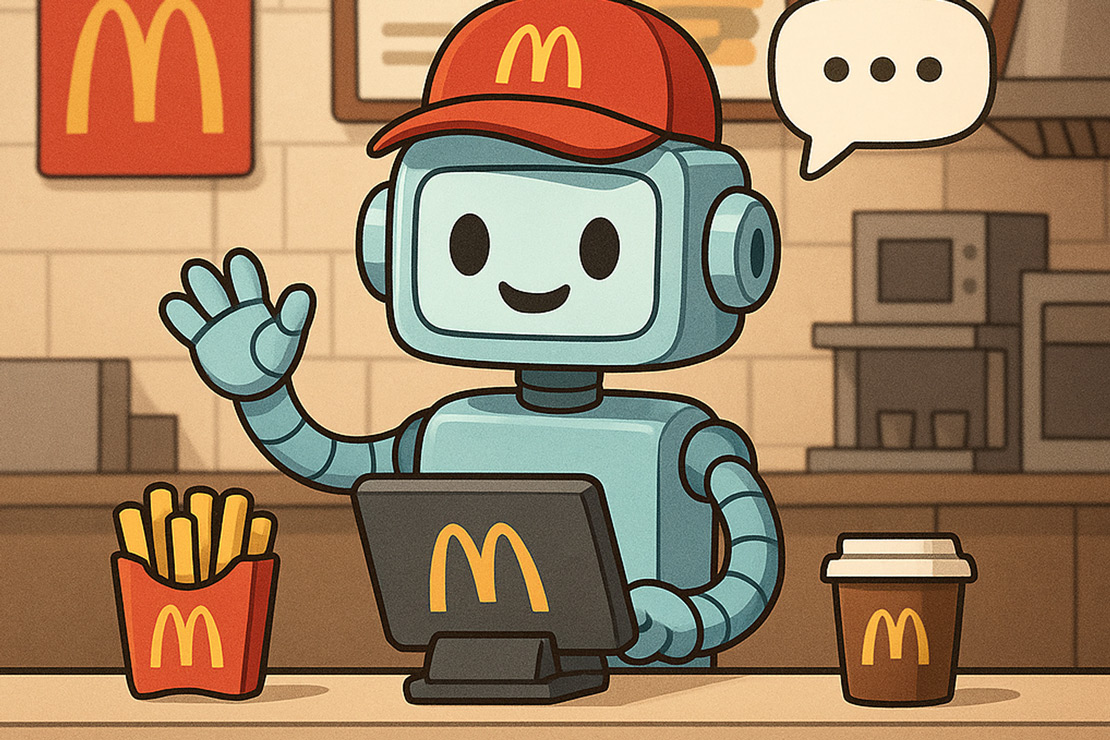Landing a job at McDonald’s today might mean your first interview isn’t with a manager, but with a chatbot named Olivia. This AI assistant is now a core part of the fast-food giant’s hiring process, screening applicants, requesting résumés, administering personality tests — and, sometimes, frustrating users to the point of near madness.
Olivia is powered by Paradox.ai, a recruiting automation company that boasts clients including McDonald’s, General Motors, and Nestlé. According to the company, Olivia helps reduce time-to-hire and eliminate repetitive tasks — but some applicants tell a different story.
Chatbot or Chat-NOT?
Applicants across social media report Olivia frequently misunderstands basic questions, offers generic or circular responses, and occasionally loops users into unending menus. While it was designed to streamline hiring and handle millions of applications globally, critics say the experience is often dehumanizing.
“It’s like talking to a brick wall with pre-programmed emojis,” one user wrote on X.
Tried applying to McDonald’s and got stuck in a loop with their AI chatbot ‘Olivia’ for 45 minutes. She misunderstood every question I asked. Is this the dystopia we ordered? 🍟🤖
— Andre F. (@andre_ftech) July 13, 2025
Why Fast Food Chains Love AI Recruiting
McDonald’s and other fast food chains say tools like Olivia help them manage labor shortages and scale up hiring rapidly — especially in a high-turnover industry. In a recent Wall Street Journal feature, Paradox CEO Aaron Matos emphasized that automation isn’t about replacing people — it’s about “freeing up time for human interaction later in the process.”
But labor advocates aren’t convinced. The Electronic Frontier Foundation and other digital rights groups have raised concerns about bias in AI hiring tools, citing risks of racial and economic discrimination if chatbots misinterpret dialects or overlook certain data points.
How Far Is Too Far?
Experts caution that while AI can assist in early screening, relying too heavily on automation may alienate candidates and reduce workplace diversity. A 2024 MIT study found that over 36% of hourly job seekers reported abandoning applications involving unresponsive or repetitive AI interactions.
The Bottom Line
As more companies shift to AI-powered hiring systems, the balance between efficiency and empathy becomes critical. For McDonald’s, Olivia may flip more burgers into jobs — but if the chatbot continues to frustrate applicants, the company risks alienating the very people it hopes to recruit.
For deeper insight into the future of AI in the workplace, visit BlitsNews.com.

